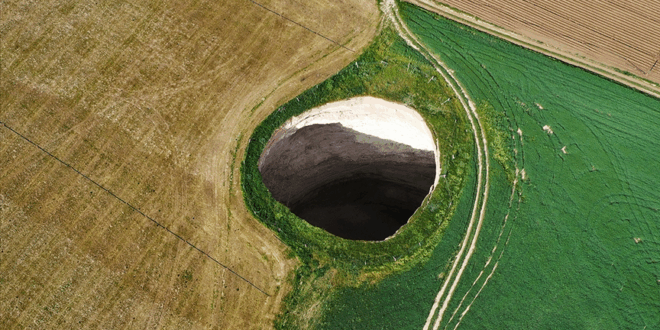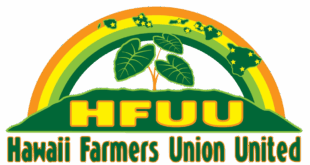Spain and Türkiye are launching a joint scientific effort to better understand the worsening effects of droughts and sinkholes in central Türkiye, with a particular focus on Konya, the country’s vital grain-producing region.

The collaboration, which brings together Zaragoza University in Spain, Niğde University in Türkiye and the Turkish water authority, aims to map and monitor the risks associated with water scarcity and geological instability in one of Türkiye’s most climate-vulnerable areas.
Konya, often referred to as Türkiye’s “grain silo,” faces mounting threats from desertification as climate change intensifies.
Falling groundwater reserves, shrinking lakes and the rapid emergence of sinkholes have raised alarm about the sustainability of both agricultural production and the preservation of water resources.
“At the moment, Konya’s city center is not affected, but the Karapınar area has a geological structure prone to sinkholes. Are they forming randomly or do they follow a pattern? Can we map out where the risks are the highest? These are the questions being studied,” said Konya Mayor Uğur İbrahim Altay in a briefing to journalists.
The joint project is developing a digital system that will catalog existing sinkholes and monitor new ones, ultimately producing a risk map to guide land use and safeguard local communities.
Authorities say urgent measures are needed to balance the demands of farming with the long-term health of underground aquifers.

The Agriculture and Forestry Ministry has accelerated efforts to regulate groundwater use, especially in agriculture, where unregistered wells have become a widespread problem. Guide wells are now being drilled across Central Anatolia to calculate the region’s total reserves.
“We are working with the State Hydraulic Works (DSİ) to explore whether water can be transferred into the Konya closed basin,” Altay said.
“No one wants to give up water from their own basin, but if there is a surplus, it should not simply flow into the sea. We must make use of it.”
Altay drew attention to the declining water levels in Konya’s three main lakes – Meke, Tuz and Beyşehir — due to persistent drought.
He highlighted a series of projects aimed at both water conservation and environmental protection, including the construction of four major wastewater treatment plants to prevent untreated discharges into Tuz Lake.
Authorities say urgent measures are needed to balance the demands of farming with the long-term health of underground aquifers.

The Agriculture and Forestry Ministry has accelerated efforts to regulate groundwater use, especially in agriculture, where unregistered wells have become a widespread problem. Guide wells are now being drilled across Central Anatolia to calculate the region’s total reserves.
“We are working with the State Hydraulic Works (DSİ) to explore whether water can be transferred into the Konya closed basin,” Altay said.
“No one wants to give up water from their own basin, but if there is a surplus, it should not simply flow into the sea. We must make use of it.”
Altay drew attention to the declining water levels in Konya’s three main lakes – Meke, Tuz and Beyşehir — due to persistent drought.
He highlighted a series of projects aimed at both water conservation and environmental protection, including the construction of four major wastewater treatment plants to prevent untreated discharges into Tuz Lake…
 THE GLOBAL WINDOW OF TURKISH FOOD AND AGRICULTURE The Global Window of Turkish Food and Agriculture Sector
THE GLOBAL WINDOW OF TURKISH FOOD AND AGRICULTURE The Global Window of Turkish Food and Agriculture Sector








